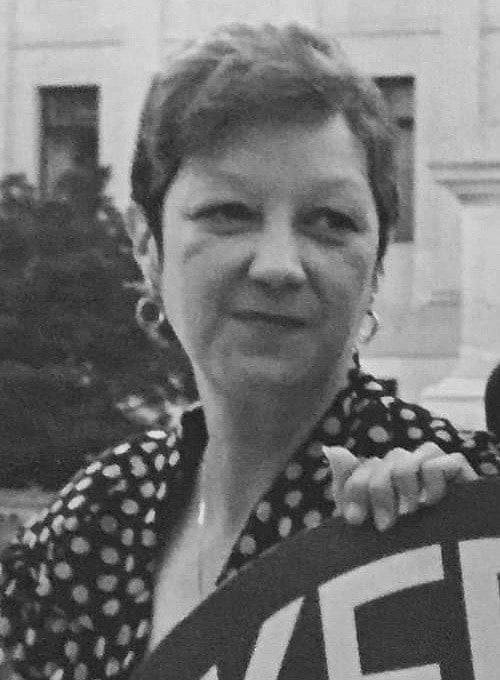What Would Roe Do?

[Editor's Note: A near version of the following was sent to The Boston Globe, which to date hasn't published it. It is published here for the first time.]
To the Editor of The Boston Globe:

[Editor's Note: A near version of the following was sent to The Boston Globe, which to date hasn't published it. It is published here for the first time.]
To the Editor of The Boston Globe:

Congratulations to pro-lifers in Keene, New Hampshire, who showed up at a campaign event for a pro-abortion candidate for governor and pressed him to answer questions about why he thinks it's all right to kill unborn babies and to use public money to do it.
The protest was civil and respectful, according to the description in the Keene Sentinel, but pointed. The candidate, Steve Marchand, a Democrat and a former mayor of Portsmouth, isn't just in favor of abortion, he's making it a centerpiece of his campaign. He wants a state statute codifying legal abortion and state Medicaid funds to pay for abortions, and he is trying to use his support for abortion as a wedge issue in the Democratic primary.